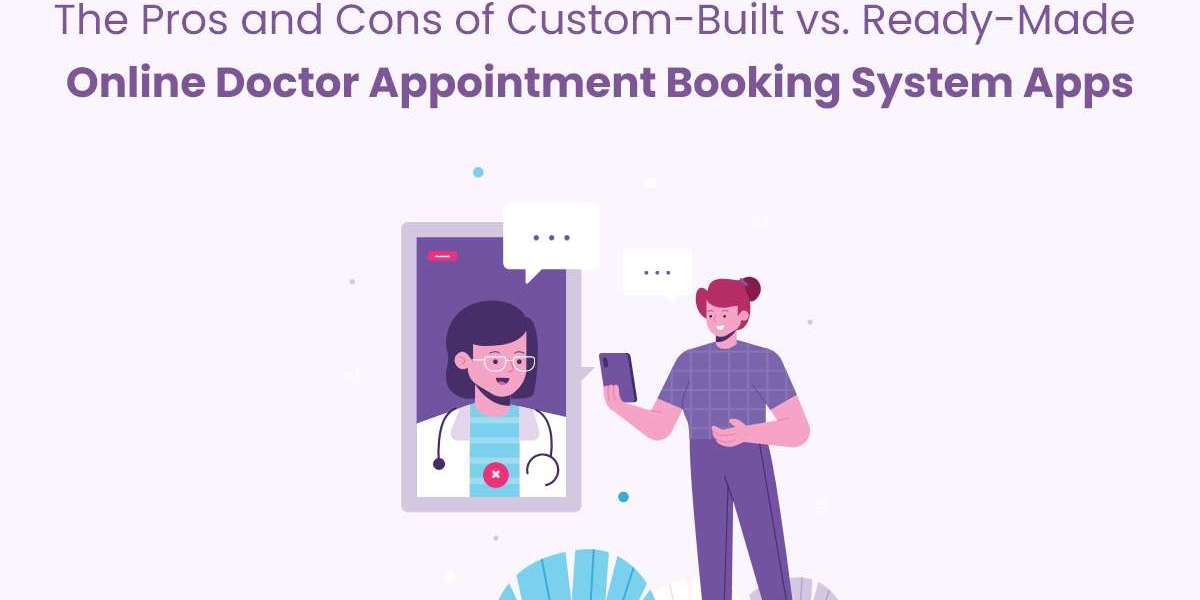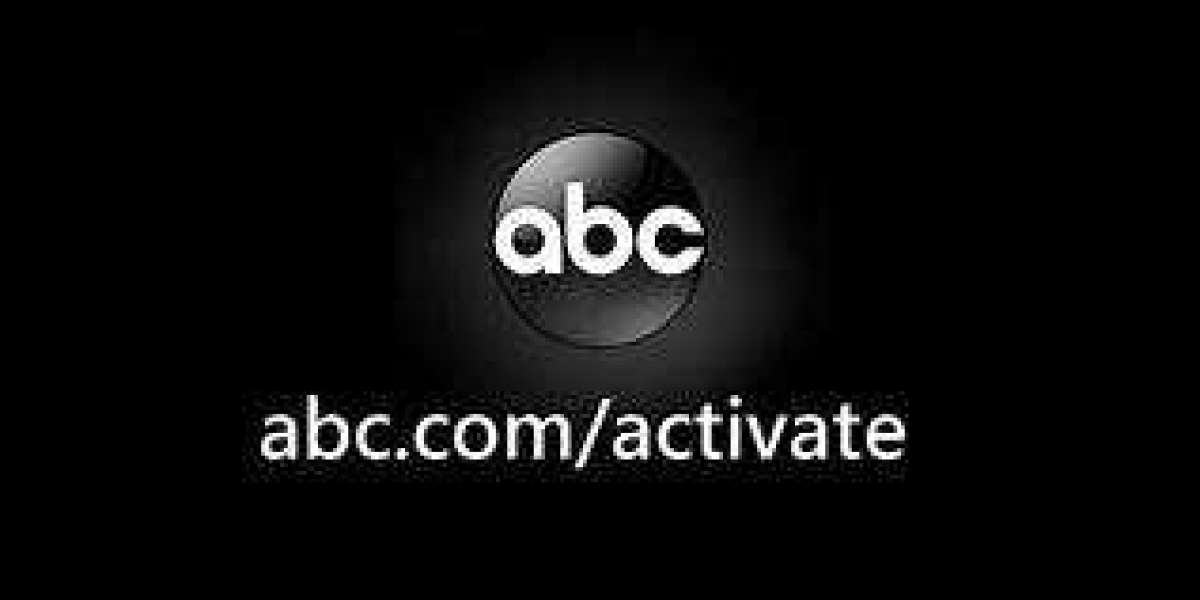In the era of digital transformation, healthcare facilities are increasingly turning to online doctor appointment booking system apps to streamline operations and enhance patient experience. However, when it comes to choosing the right solution, healthcare providers are often faced with the dilemma of whether to opt for a custom-built solution tailored to their specific needs or a ready-made app that offers pre-packaged functionality. In this article, we'll explore the pros and cons of both custom-built and ready-made online doctor appointment booking system apps to help healthcare facilities make an informed decision.
Custom-Built Online Doctor Appointment Booking System Apps
Pros
Tailored to Specific Needs: Custom-built apps can be designed and developed to meet the unique requirements and workflows of a healthcare facility. This level of customization ensures that the app aligns closely with the facility's operations and enhances efficiency.
Scalability and Flexibility: Custom-built apps offer scalability and flexibility, allowing healthcare facilities to adapt and evolve over time. As the facility grows or requirements change, the app can be modified and expanded to accommodate new features and functionalities.
Integration with Existing Systems: Custom-built apps can seamlessly integrate with existing electronic health record (EHR) systems, practice management software, and other healthcare IT infrastructure. This integration ensures smooth data exchange and interoperability across systems.
Enhanced Security and Compliance: Custom-built apps can be designed with robust security measures and compliance standards in mind, ensuring the protection of sensitive patient data and adherence to regulatory requirements such as HIPAA.
Cons
Higher Initial Investment: Developing a custom-built app requires a significant upfront investment in terms of time, resources, and expertise. Healthcare facilities must allocate budget and resources for design, development, testing, and maintenance.
Longer Development Time: Custom-built apps typically have longer development cycles compared to ready-made solutions. Healthcare facilities may need to wait several months or even years before the app is ready for deployment.
Dependence on Development Team: Healthcare facilities may become reliant on the development team or external vendors for ongoing support and maintenance of the custom-built app. Any changes or updates to the app may require additional development efforts and costs.
Ready-Made Online Doctor Appointment Booking System Apps:
Pros
Quick Deployment: Ready-made apps are pre-built and ready to deploy, allowing healthcare facilities to start using them immediately without the need for extensive development or customization.
Cost-Effective: Ready-made apps typically have lower upfront costs compared to custom-built solutions since development and testing efforts are already completed. This makes them an attractive option for healthcare facilities with limited budgets.
Out-of-the-Box Functionality: Ready-made apps come with pre-packaged features and functionalities that are commonly used in online appointment booking systems. Healthcare facilities can benefit from standard features such as appointment scheduling, patient registration, and appointment reminders without the need for customization.
Vendor Support and Updates: Ready-made app vendors provide ongoing support, maintenance, and updates to ensure the app remains secure and up-to-date. Healthcare facilities can rely on vendor expertise for troubleshooting and resolving issues.
Cons
Limited Customization: Ready-made apps may lack the flexibility to accommodate specific requirements or workflows of a healthcare facility. Customizations may be limited, and additional features may require extra costs or may not be available.
Integration Challenges: Ready-made apps may not integrate seamlessly with existing healthcare IT infrastructure, leading to compatibility issues and data silos. Healthcare facilities may need to invest in additional integration efforts to ensure interoperability.
Lack of Control: Healthcare facilities have limited control over the development and roadmap of ready-made apps. Updates and feature enhancements are determined by the vendor, and facilities may have to wait for vendor releases to access new functionalities.
Conclusion
In conclusion, both custom-built and ready-made online doctor appointment booking system app offers advantages and disadvantages that healthcare facilities must carefully consider. Custom-built apps provide tailored solutions, scalability, and integration capabilities but require higher initial investment and longer development time. Ready-made apps offer quick deployment, cost-effectiveness, and vendor support but may lack customization and integration flexibility. Ultimately, the decision between custom-built and ready-made apps depends on the unique needs, budget, and priorities of each healthcare facility. By weighing the pros and cons of each option, healthcare providers can make an informed decision that aligns with their objectives and enhances patient care.



